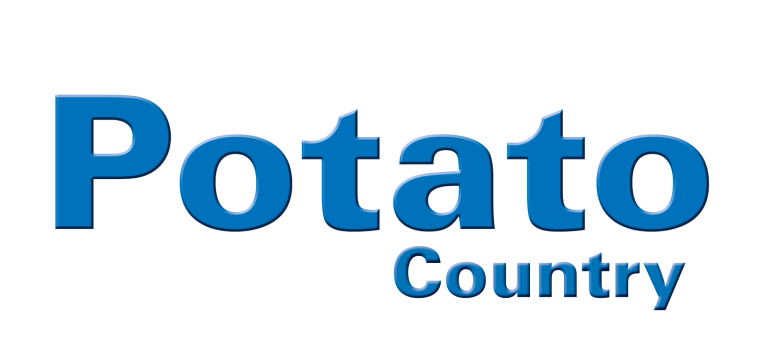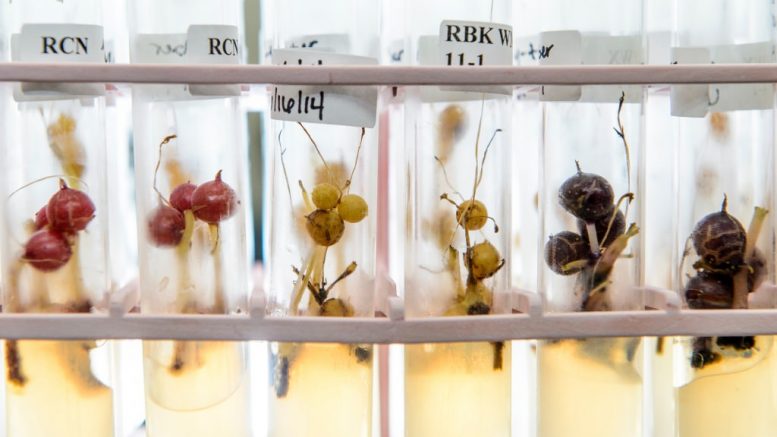Years before that french fry landed on your plate, the plant that would eventually give rise to the spud your fry was cut from was sealed away deep in a secure-access building, growing slowly in a test tube inside a locked growth chamber.
At least, it was if it was the product of the Wisconsin Seed Potato Certification Program, or WSPCP, a 104-year-old program run by the University of Wisconsin–Madison dedicated to supplying Wisconsin seed potato farmers with quality, disease-free tubers.
All that security helps keep these important plants clean. And clean is a big deal for potatoes. Because they are grown from the eyes of tubers, called seed potatoes, rather than from true seeds, potatoes can easily carry bacterial and viral diseases in their starchy flesh from generation to generation. The solution is exacting cleanliness and rigorous testing at every stage of potato propagation.
WSPCP supplies 70 percent of the seed potatoes for Wisconsin’s 9,000 acres of farmland dedicated to propagating seed potatoes. The program certifies 200 million pounds of seed potatoes every year, enough to plant roughly 90,000 acres for commercial growing. Those spuds are then sold to commercial potato growers in Wisconsin, other states and around the world to be turned into farm-fresh potatoes, chips and fries.


